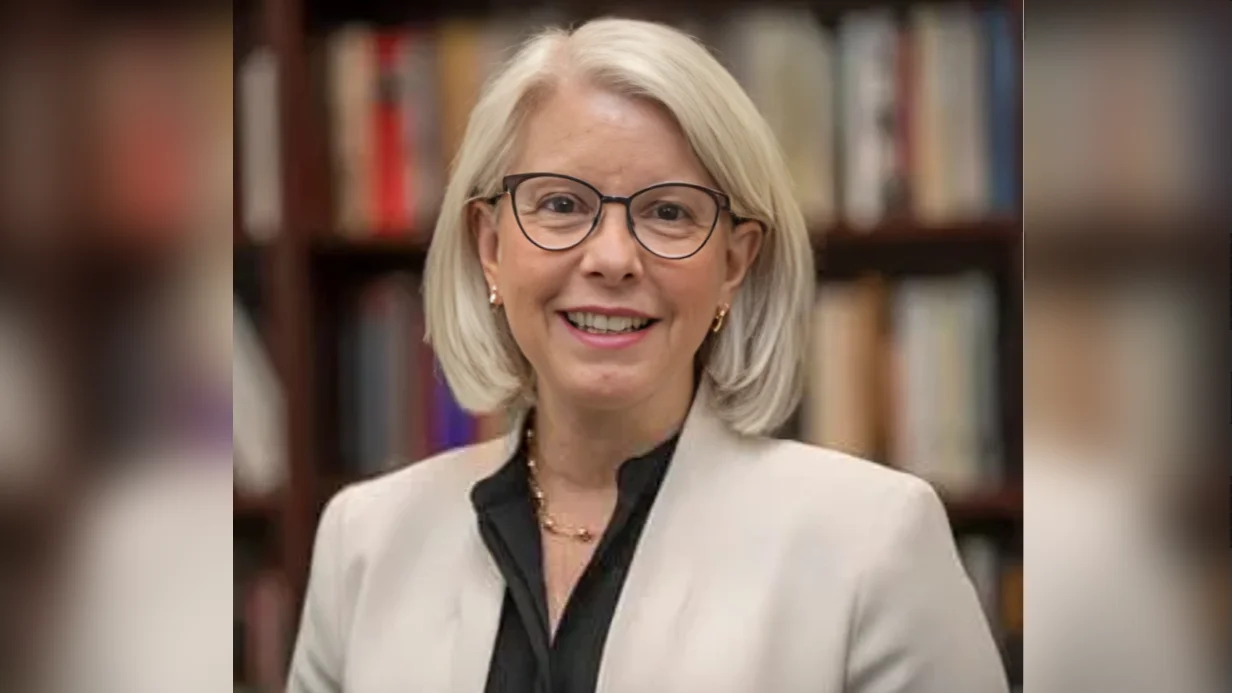A summer program at the University of Chicago is providing undergraduate students with opportunities to work directly alongside social science researchers. The Summer Institute in Social Research Methods (SISRM), launched by Amanda Woodward, Dean of the Social Sciences Division, was created to connect students seeking research experience with faculty who need trained assistants.
“The Institute was designed to bring undergraduates into faculty research projects in a way that lowered the barriers,” said Paul Poast, associate professor in the Department of Political Science and SISRM’s faculty director. “And to not divorce the fact that these undergraduates are receiving an education at a major research university from their experience in the classroom.”
Now in its seventh year, SISRM hosted more than 80 students this summer from UChicago as well as Chicago State University, City Colleges of Chicago, and Insper Institute of Education and Research in São Paulo, Brazil. The five-week program included methodology courses such as econometrics, archival methods, and GIS mapping. Students also attended weekly talks with social scientists before beginning hands-on work as research assistants on projects matched to their interests.
“If you want to go from knowing nothing to feeling like you can design a research question, this program will teach you that in five weeks,” said Isabela Ávila Ríos, a rising fourth-year student. “Do it. You’re going to thank yourself.”
Ávila Ríos has prior experience advocating for student equity and operates her own education consulting business. Through SISRM’s archival methods course and subsequent placement on sociologist Maximilian Cuddy’s project examining a CPS school merger, she developed new skills.
One assignment involved searching historical newspapers for references to school segregation and budget cuts during the 1960s. Ávila Ríos noted federal involvement: “The Education Department actually had to get involved. They were like, ‘Hey, you're being too slow to desegregate. We need to move this along,’” she said. “Eyes were on Chicago; that was really interesting.” She added that SISRM increased her confidence ahead of starting her joint Master's in Social Science focused on education policy.
Other participants worked on different projects within SISRM. Adam Leybovich-Gilkin and Ronald Kan served as research assistants for Poast’s Correlates of War dataset project—an open resource cataloging wars since 1816 intended for quantitative analysis by researchers.
“Our specific part of the project is really from the year 2000 onwards,” Kan explained, describing efforts to identify conflicts and battle deaths using credible sources. Kan observed challenges with data reliability: “A lot of countries like to lie about their deaths.” Leybovich-Gilkin emphasized objectivity: “We don't want our research to be pushing certain narratives.”
Leybovich-Gilkin also learned about replicability—the principle that consistent use of sources should yield similar results when experiments are repeated—which he said is supported by datasets like Correlates of War.
Kan discussed how raw data can be used for further academic exploration: “Having the raw data itself gives you something to manipulate—to find something in the academic literature that has not yet been found.”
Both students developed independent research questions through their coursework—skills they see as valuable for future careers in international relations or academia.
“Research experience is what I was mostly coming into this for,” Leybovich-Gilkin said, “but I also came out with a much greater appreciation for the social sciences as a whole—a lot more academic curiosity, and insight into how to actually satisfy that curiosity.”

